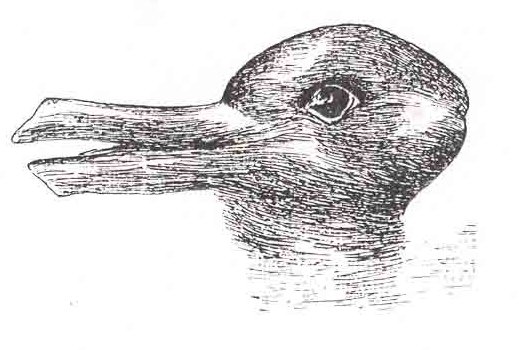Socrates (470-399 BCE) recognized claims others had made about the nature of the self as being confident but unfounded. When reflecting on what he believed could truly be known, he stated,
For I was conscious that I knew practically nothing
Pyrrho of Elis (360-270 BCE) argued that a state of enlightenment, ataraxia, could be achieved by suspending judgement on all non-evident claims. He believed that for every philosophical claim about non-evident matters, there would be an equally plausible counter-claim. Where a “non-evident matter” is anything that goes beyond immediate appearances or sensory experiences. This is known as Pyhrronian skepticism, and was expanded by Sextus Empiricus (160-210 CE).
Kant argued that we can know how things appear to us, but not their ultimate nature.
I have therefore found it necessary to deny knowledge, in order to make room for faith
Ludwig Wittgenstein sought to understand the limits of language and thought. He believed that the world is composed of simple unanalyzable “objects”, which combine into “states of affairs”. And that language communicates a picture of a theoretical state of affairs. His book, Tractatus Logico-Philosophicus, then states that commentary about the true nature of these objects cannot be meaningfully expressed within the confines of language. That certain profound matters are beyond the reach of propositional knowledge.
Whereof one cannot speak, thereof one must be silent
Later in life, he came to disagree with the premise that language was a rigid system of rules. He introduced the concept of “language games”, and believed that the function of language shifted according to what game was being played.
For a large class of cases of the employment of the word 'meaning'—though not for all—this word can be explained in this way: the meaning of a word is its use in the language
Thus, his understanding of what can be known became more nuanced. With a shared context and understanding, propositional statements can be made about almost anything. That there are “background certainties” upon which our language games are constructed, that are understood to be true without having to be proven. “I know I have two hands”. By understanding this structure, we can talk about the self in terms of shared experiences rather than absolute truths. And thus it becomes possible to talk about the self by utilizing shared experiences, rather than as an entity whose nature can only be known through private access.

Though this does show that statements can in fact be made about the self, it doesn't actually make any. So further reflection is required to form a worldview.